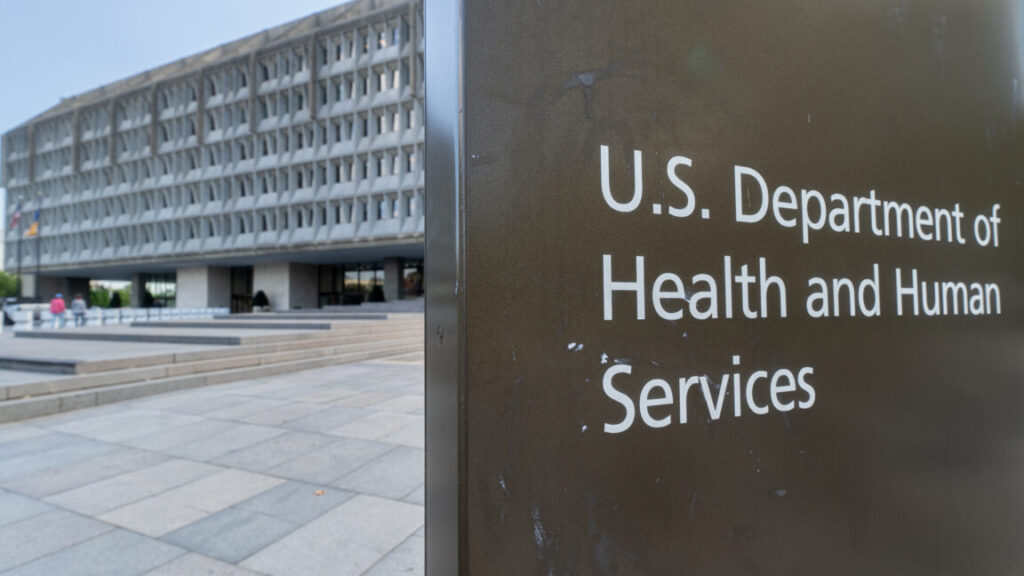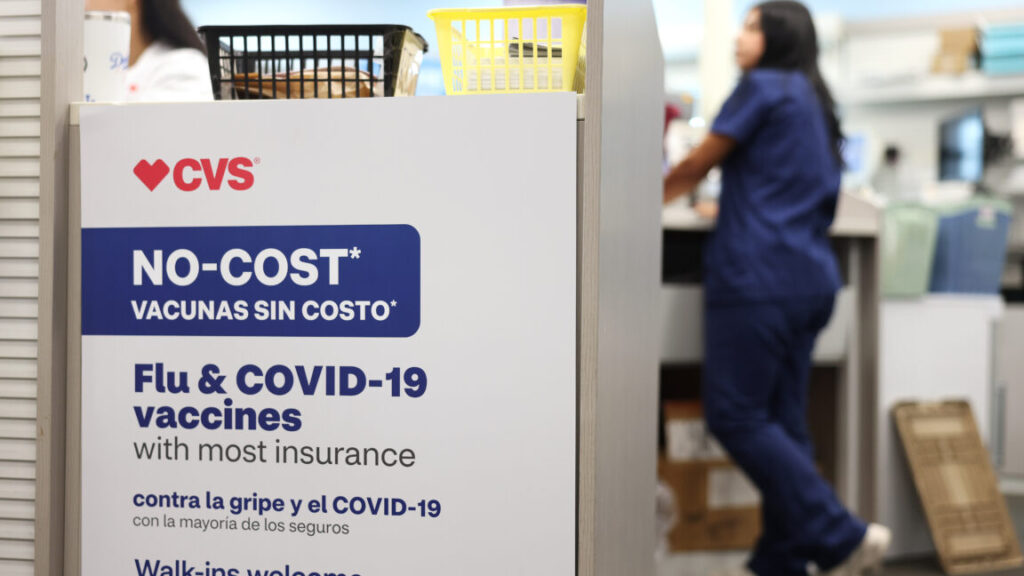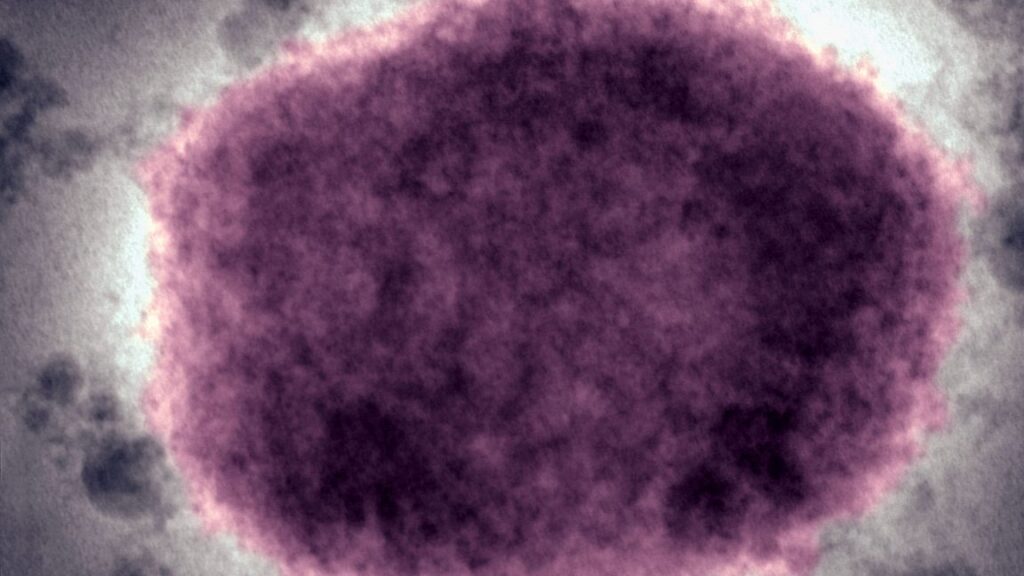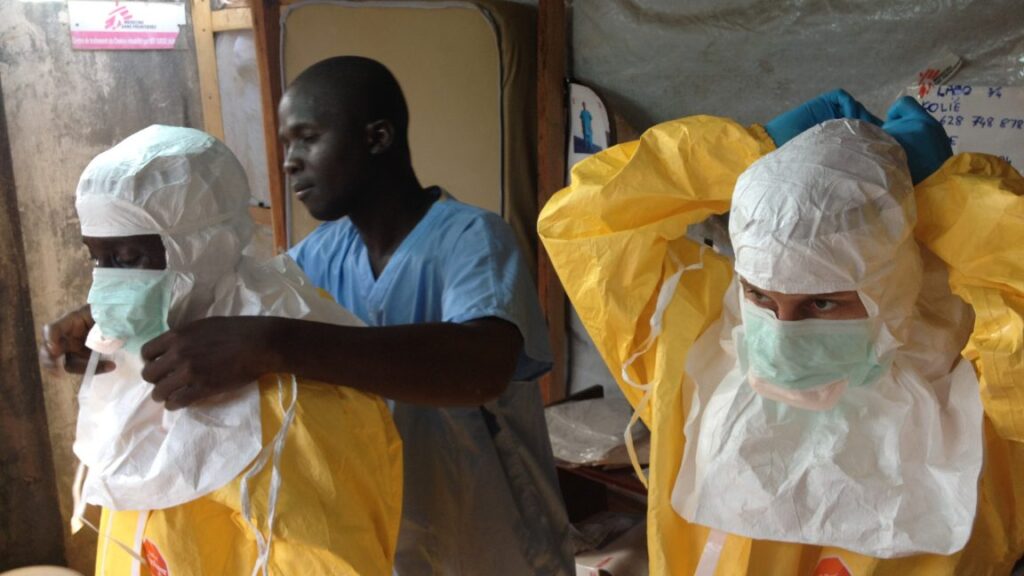Trump admin fires more health employees amid government shutdown
Questionable cull
Today’s layoffs are the work of White House Budget Director Russell Vought, a lead creator of the Project 2025 playbook, which planned a massive reduction in the federal workforce. In a post on X earlier today, Vought announced that the terminations “have begun.”
But as The Washington Post has previously reported, senior government officials have warned that Vought’s layoffs amid a shutdown are likely illegal, running afoul of the Antideficiency Act. The law forbids the government from incurring new expenses during a shutdown, and the process of laying employees off—which includes severance packages—does just that.
Federal employment lawyers told the Post that the move is almost certainly illegal for a second reason: Under federal regulations, a shutdown-driven lapse in funding does not count as one of the reasons federal employees can be terminated.
Last week, the American Federation of Government Employees and other unions representing federal workers filed a lawsuit over threats that the Trump administration would try to lay off workers during the shutdown.
In a statement today, AFGE National President Everett Kelley said, “It is disgraceful that the Trump administration has used the government shutdown as an excuse to illegally fire thousands of workers who provide critical services to communities across the country.”
“AFGE is currently challenging President Trump’s illegal, unprecedented abuse of power, and we will not stop fighting until every reduction-in-force notice is rescinded,” Kelley said.
Trump admin fires more health employees amid government shutdown Read More »












